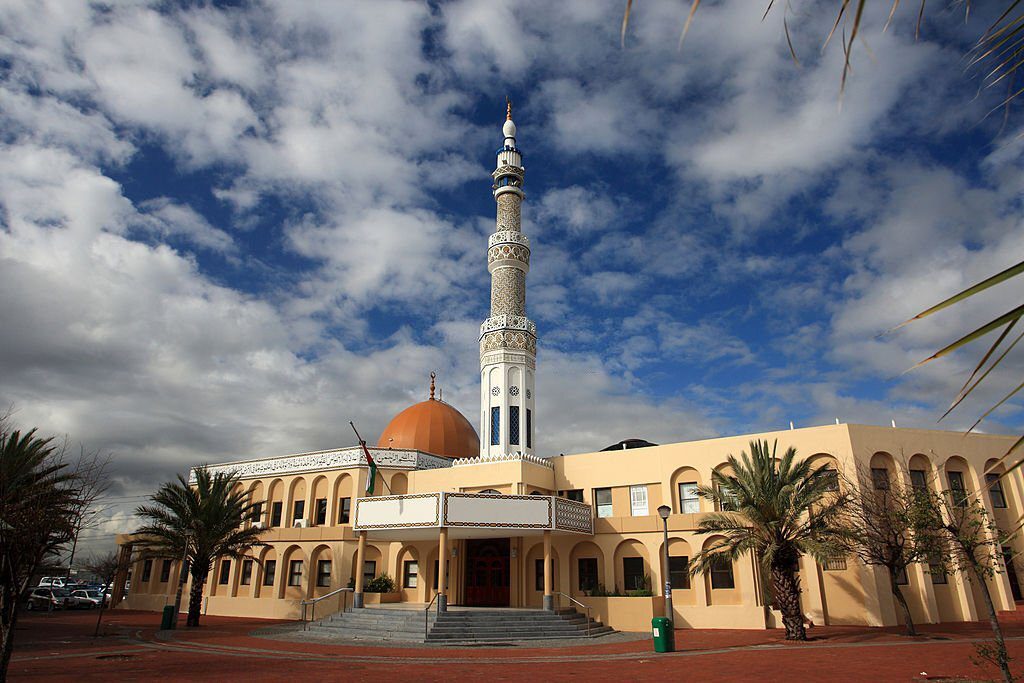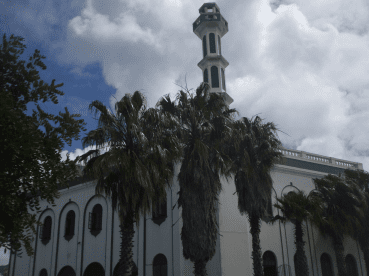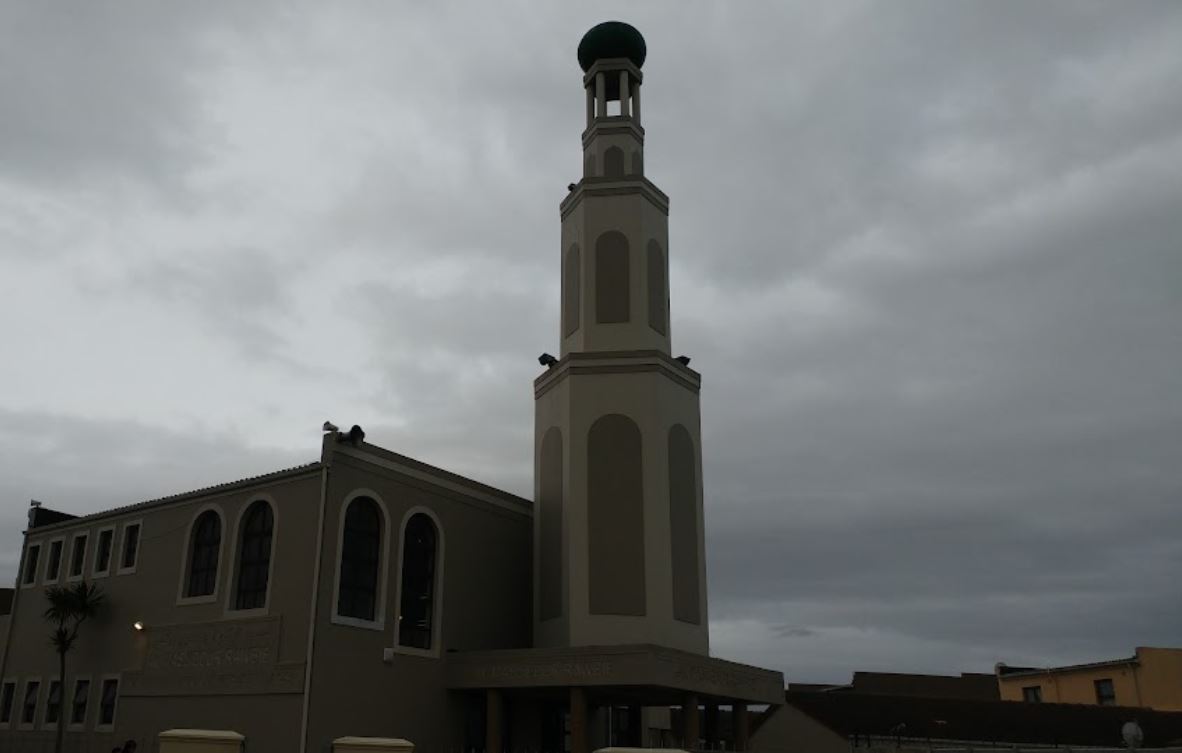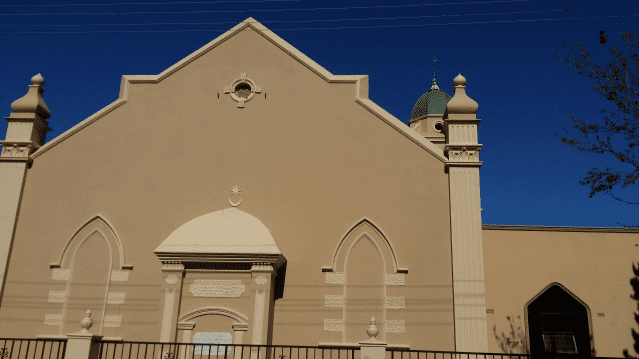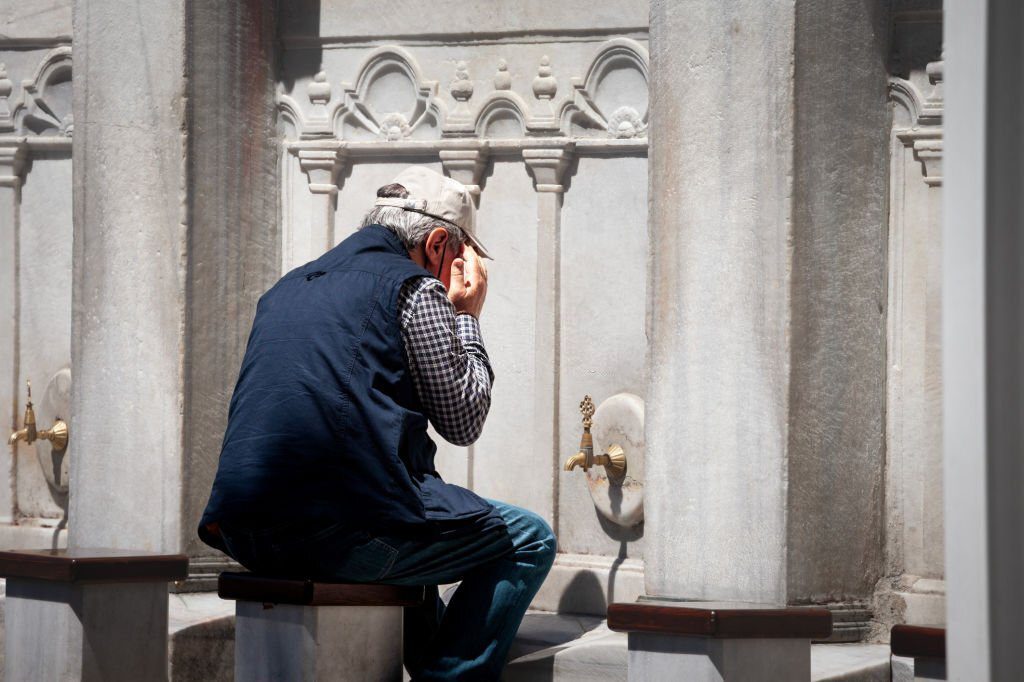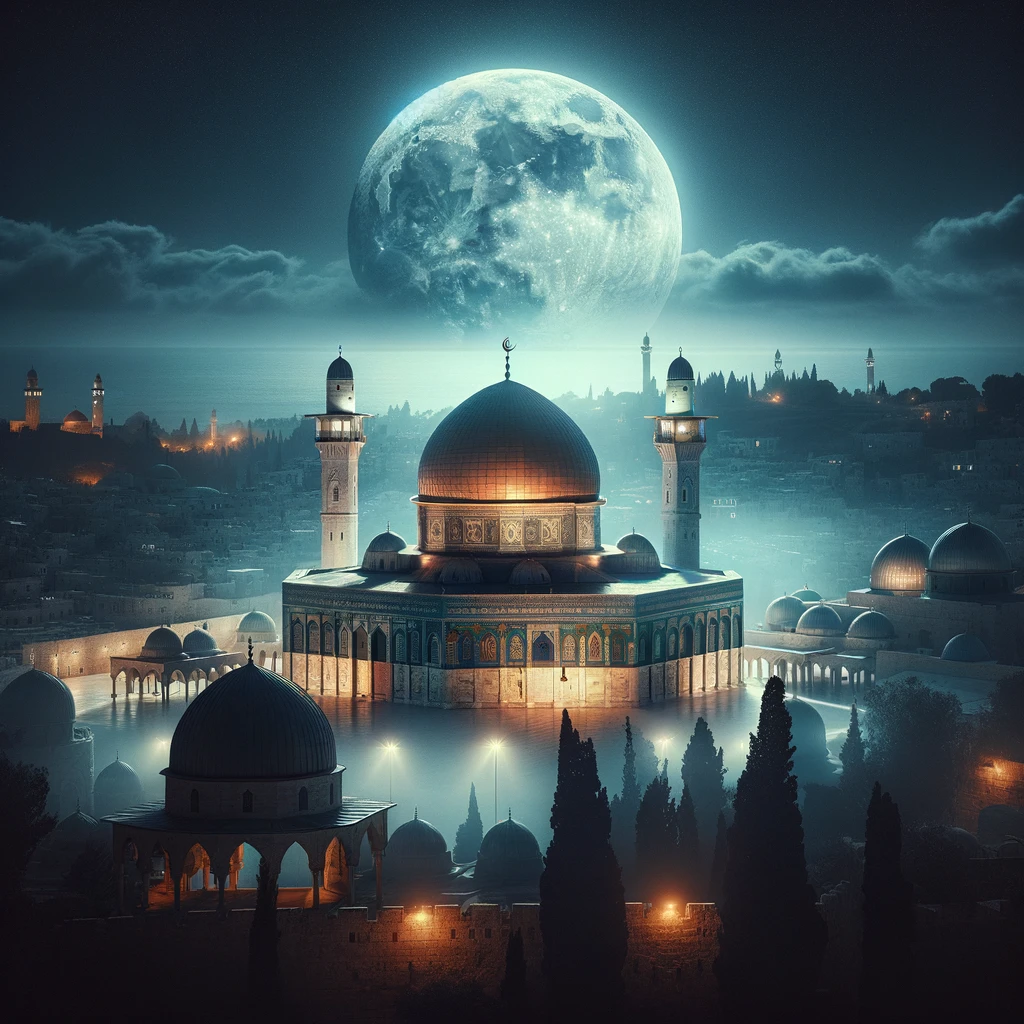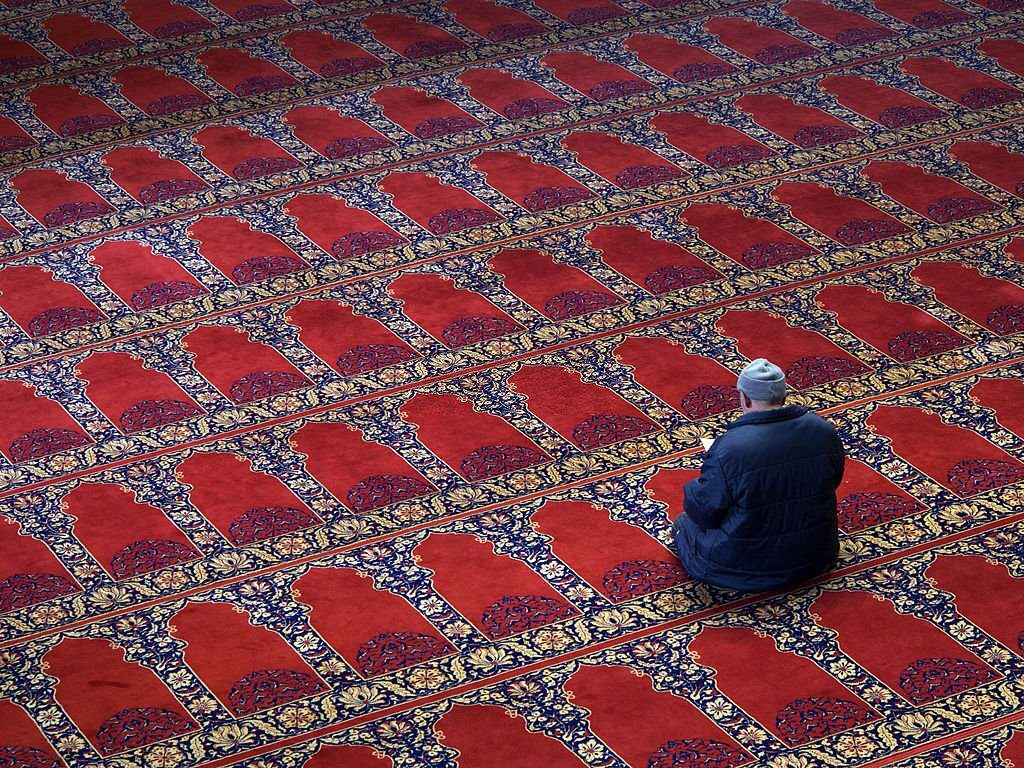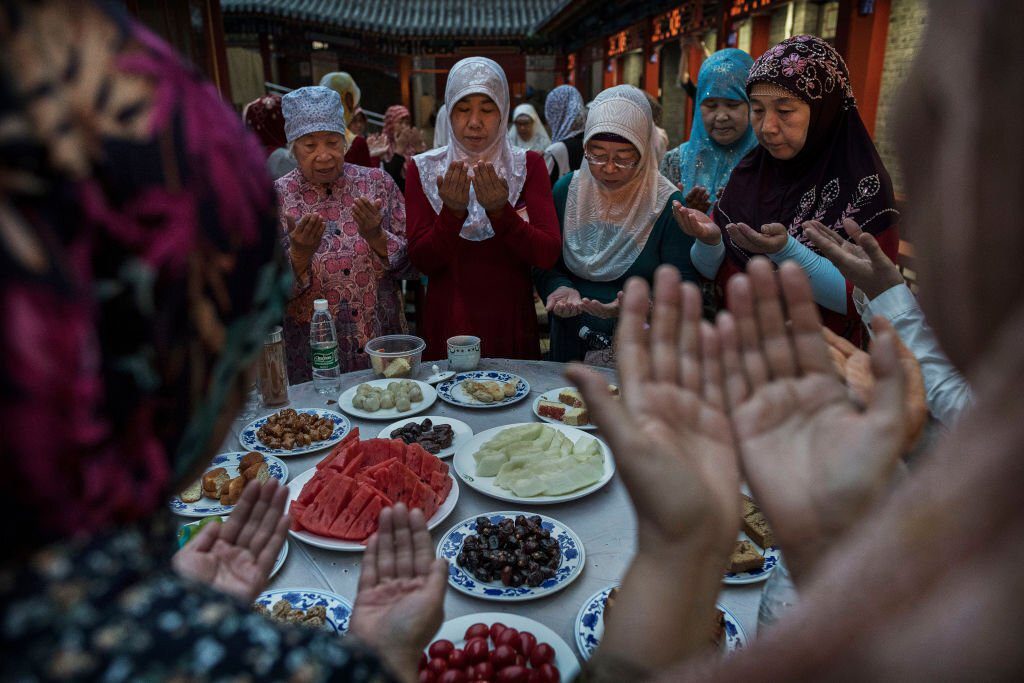Nestled in the vibrant suburb of Gatesville in Cape Town, South Africa, Masjidul Quds stands as an iconic symbol of Islamic faith and communal spirit. Its towering minarets and majestic domes speak volumes of its cultural significance and spiritual vitality. This mosque, fondly known as the Gatesville Mosque, has a story to tell, a story that transcends mere bricks and mortar. Through a journey into its past, its present, and its vital role in the community, we unfold the tapestry of this unique place of worship. Come, let’s explore the pages of this unfolding narrative that is deeply interwoven with the fabric of the Muslim community in Gatesville and beyond.
Overview of Masjidul Quds
Masjidul Quds, often fondly referred to as the Gatesville Mosque, is a prominent Islamic center situated in Gatesville, a suburb in Cape Town, South Africa. This distinguished mosque holds a significant place in the hearts of the local Muslim community due to its scale, extensive range of religious services, and its role as a central hub for Islamic learning and spirituality. The mosque is easily recognizable by its striking domes and minarets, and is known for its capacity to accommodate a congregation of thousands, making it one of the largest mosques in the Southern Hemisphere.
More than just a place for worship, Masjidul Quds is a vibrant hub for community gatherings and religious events. The mosque regularly hosts seminars, study circles, and Islamic lectures, serving as a cornerstone for Islamic education and spiritual growth in the community. It also holds an extensive library with a rich collection of Islamic literature, further emphasizing its dedication to knowledge and learning.
History of Masjidul Quds
The story of Masjidul Quds dates back to the late 1980s when the Muslim community in Gatesville identified the need for a larger mosque to cater to the growing population. The foundation stone was laid in 1984 and the construction was completed in 1986. Over the years, the mosque has undergone multiple expansions and renovations to accommodate the growing congregation and to enhance its facilities.
The mosque has been a beacon of hope and spiritual refuge for the local community, enduring through South Africa’s challenging times, including the Apartheid era. It has consistently provided a platform for unity, community service, and the promotion of Islamic principles.
Masjidul Quds Architecture
Masjidul Quds boasts a distinct architectural design that is a blend of traditional Islamic elements with a modern touch. The mosque is adorned with five towering minarets, signifying the five pillars of Islam. The large central dome, along with smaller surrounding domes, adds to the grandeur of the structure. The interior is equally beautiful, adorned with intricate Islamic calligraphy and geometric designs, creating an atmosphere of serenity and reverence.
The mosque has been carefully designed to accommodate a large congregation comfortably. Its expansive prayer hall, well-maintained ablution facilities, and the spacious courtyard are reflections of thoughtful planning and design that take into account both the spiritual and practical needs of the worshippers.
Religious Practices
Masjidul Quds serves as a central hub for various religious practices, primarily the five daily Salah (prayers), Jummah (Friday prayer), Taraweeh prayers during Ramadan, and Eid prayers. The mosque also hosts Qur’an recitation classes and provides a platform for Islamic scholars to deliver lectures on various aspects of the Islamic faith.
Religious gatherings such as Iftars (breaking of fast) during Ramadan, communal meals during Eid celebrations, and spiritual retreats (I’tikaf) are also integral aspects of the mosque’s activities. These practices foster a sense of community and provide opportunities for congregants to deepen their faith.
Community Impact
The impact of Masjidul Quds extends far beyond its physical boundaries. The mosque plays a significant role in community development and social outreach. It organizes various charity drives, feeds the needy, provides educational scholarships, and offers assistance to local families in need. These efforts reinforce the Islamic principles of charity and communal responsibility.
In addition, the mosque’s educational programs aim at developing a well-rounded Muslim identity among the youth. They provide religious guidance, moral values, and help young Muslims navigate the challenges of modern society while maintaining their Islamic identity.
Prominent Figures
Masjidul Quds has been served by numerous respected scholars and imams who have played a key role in shaping its spiritual and community outreach initiatives. Among them is Sheikh Abdurahman Alexander, a prominent figure known for his passionate khutbas (sermons) and dedication to Islamic education. His efforts, along with other scholars, have greatly contributed to the mosque’s role as a center of Islamic learning and spiritual growth.
Legacy and Influence
The legacy of Masjidul Quds is intricately woven into the fabric of the Gatesville community and beyond. It has been a unifying force, providing a platform for Muslims from diverse backgrounds to come together in worship and communal activities. The mosque’s influence extends to its commitment to interfaith dialogue and community outreach, fostering a sense of mutual respect and understanding within the broader South African society.
Through its numerous programs and services, the mosque has helped cultivate a strong Islamic identity among its congregants, while also promoting a message of peace, tolerance, and social responsibility that resonates within and beyond the Muslim community.
Address
Masjidul Quds is located at Gatesville Drive, Gatesville, Cape Town, 7764, South Africa. Its central location makes it easily accessible to locals and visitors alike, who are always welcomed into this sanctuary of spirituality and community.
